Schools 'close the door' to virtual classes or assessments; students must present themselves, notify How it was decided that January was the first month of the year
Since the SEP formally announced the return to face-to-face classes for the 2021-2022 school year, parents and teachers worked to find solutions that would give them peace of mind and not put students at risk. In different schools, parents were consulted and a hybrid model was proposed, however, two days before the start of classes, principals and teachers have notified parents that there will be no virtual classes or counseling and that minors must present themselves to schools, if they do not, they will only have the support of Aprende en Casa.
Daniela has two children: a young woman who will be entering secondary school and a boy who will be in the fourth year of primary school. She lives in the Álvaro Obregón mayor's office.
Since face-to-face classes were suspended, their children have continued their education through the online classes that their teachers gave them and which consisted of one-hour advisories -approximately- twice a week. The rest of the days they had to answer guides and solve exercises that the teacher sent through a WhatsApp group.
Read: ‘We are blind’: teachers create their sanitary protocols for the return to school
At home, for fear of the virus, outings, parties and trips were completely suspended. Daniela, who has a cheap kitchen, says that fearing that her children might get infected, she has taken great care of them, which is why 15 days ago, when her children's schools sent her a survey to find out which class model she preferred (virtual or face-to-face), she calmed down because she could choose and there was an opportunity to continue caring for her children at home.
However, in a virtual meeting this Friday, August 27, things completely changed: the classes will be face-to-face, yes or yes.
“We had a meeting with the teacher and now it turns out that the model of virtual and face-to-face classes will no longer be available, they told us that we have to take them to the face-to-face school and that if they don't go they should watch the Aprende en Casa on television, but that the teachers are not going to give them advice or some class to resolve doubts”, says the mother of the family.
“If I feel that they haven't learned much, now there's no other choice but to take them… it's a risk, but what do I do?”.
According to the woman, "the plan" designed by the elementary school where her son studies is that they will give classes every day but that Monday and Wednesday the students with an even list number will go, on Tuesday and Thursday the numbers odd. On Fridays, classes will be given to students who have the greatest educational gap.
Parents must coordinate to make face-to-face guards at the school to support the sanitary filters -at the entrance and exit-, they must buy the complete list of supplies and the class schedule is yet to be defined because the hours that were commonly given.
“At least they did say that uniforms are not mandatory, as the SEP said, but only for the first two weeks, and then we will have to wear them in uniform,” he details.
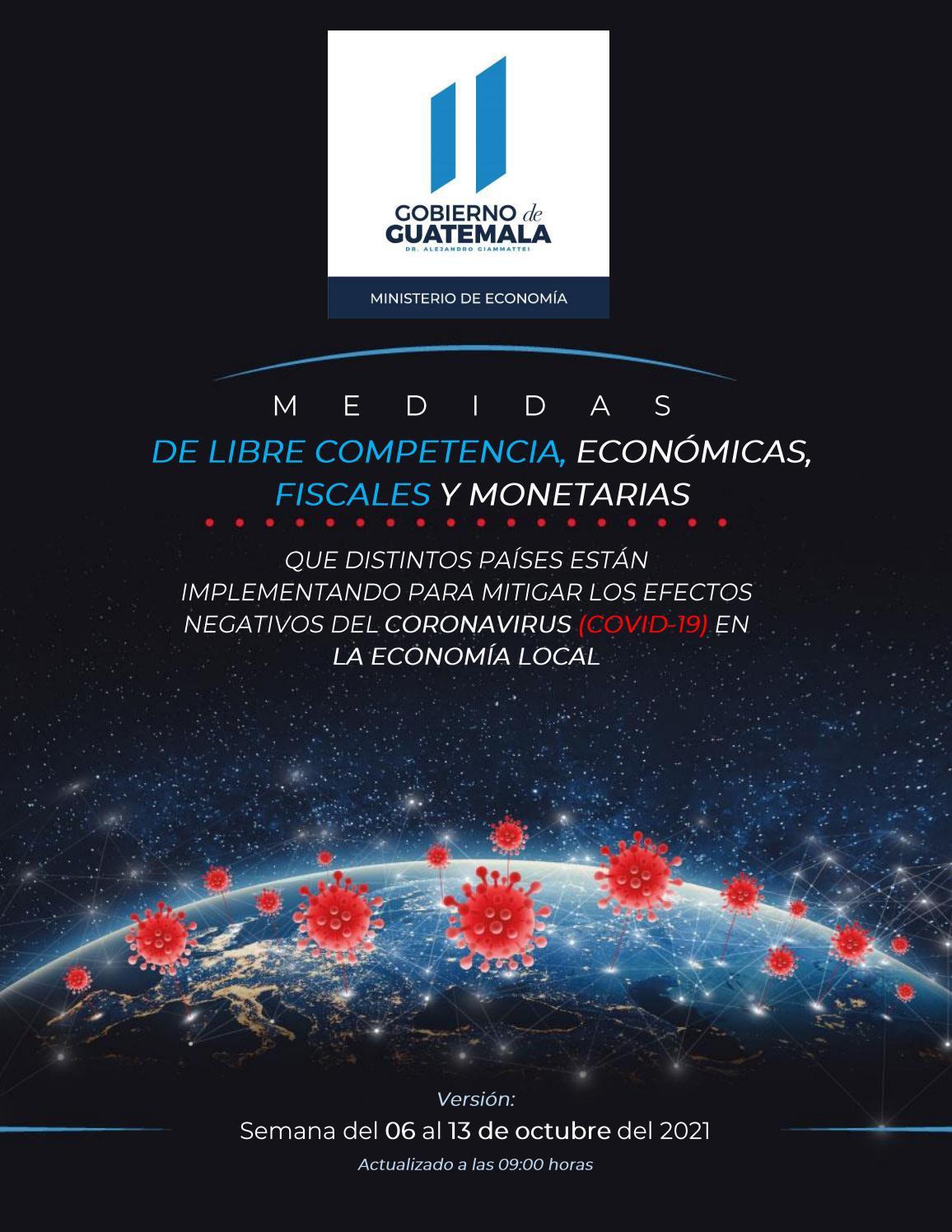
Read: Return to face-to-face classes will be on August 30; this is the sanitary protocol to follow
In the Heroicos Cadetes elementary school, in the Iztacalco mayor's office, the same thing happened to Beatriz.
A few days ago, he received a small survey asking him if he would opt for face-to-face classes or at home for his son who will be in third grade. She immediately chose the virtual model because she considers that going back to face-to-face classes is very risky.
“Until yesterday (Thursday) I understood that there would be a hybrid system of those who chose to be at home and take classes online, they could do it just like those who needed their children to show up at school, but Today (Friday) they called us to a meeting and the position of the authorities was totally different: either they go to school, or they go to school, managing it voluntarily because if you do not attend there are no online classes and there will only be Learning at Home " , claimed the mother of the family.
“I think it is a negligent situation because at the end of the day they are not giving the inputs for care and obviously, how many times, we have to absorb it as parents. They are restricting the part of education for wanting to safeguard our health and the defense of the SEP is 'I am not denying you education, if you do not want to take your child it is something else'.
In the Laos elementary school, in the Benito Juárez mayor's office and where Samanta's girl studies, there is no protocol to follow either. A few days ago when they had a meeting with the director of the school, parents were informed that there is no possibility of giving face-to-face and virtual classes, since the instruction is to be in the classroom from now on.
Understanding that not all parents would agree with this, they were offered that those who decided not to send their children to school could receive guides to answer at home, however, Samanta stressed, they were made clear that the teachers would not review them nor would they correct In fact, there would be no chance for them to have any advice once a week to follow up on progress.
“In our case, we decided that my daughter should not return to face-to-face classes, so we are going to be working with the guides and we will have to rely on private classes, mainly mathematics, mother tongue and English”, shares the mother of family.
“They gave us a protocol that is not a protocol because the actions are more focused on what we have to do from home, which seems perfect to me because of the co-responsibility part that there should be, but at the school level there is no structure of what is going to be done and that of course worries us, we do not want to expose our daughter ”, reproached the mother of the family.
It may interest you: Parent involvement, COVID detection and emotional support: the new guide for back to school
Between water leaks and infestations of mice
“Until today the indication is that there are still no children, we have to be there at school,” says teacher Sofía, who asked to be identified.
“They mention to us that, although the parents ask us to continue virtually, as long as the authority does not send it in writing, we have to return because that is the indication, no matter what condition we are in.”
She works in the Concepción Sierra Lanz Duret kindergarten, in the Gustavo A. Madero mayor's office, and the only certainty she has for going back to school is that she has to show up on Monday. At the moment it is unknown if the plague of mice that they found when they were summoned to clean the school has been controlled or if the mayor's office or the educational authority finally solved the water leak that is in the middle of the main patio.
“In the case of my school, it has a pipe with a leak that was really only patched by the delegation. They told us that there was no resource on the part of the delegation to cover the pipe change and they asked us to notify the authorities because the delegation cannot cover it”, explains the teacher.
"Our operational management is notified, which (in turn) notifies the educational authority and the response is to call the parents and see if they can afford it with their own support."
Like other testimonies collected by Animal Político, the teacher expressed her concern about what will happen to her students who do not return to face-to-face school.
In the meetings that they held all last week to plan the return to school, this was one of the doubts that the teachers expressed the most, but at no time was an answer given to it.
“We believe that the children who are going to stay at home are those who were covering the virtual day with us in the previous cycle and well, our concern about what will happen to those who are not going to attend because in my area the indication is that: 'you have to attend, even if there is only one child and all the teachers have to attend'”.
Although she has heard about the possibility of a hybrid service model based on the news and comments with other teachers, Sofía says that at the moment she does not know what will happen later because the kindergarten where she works does not even have a line telephone.
If the country's educational authorities were thinking of promoting the return to face-to-face classes, the teacher said, since July -when they met last school year- they should have worked hand in hand with the teachers to outline a protocol that would give them the tools to that they had time to prepare and prepare the spaces where the classes would be held.
On March 16, 2020, the Official Gazette of the Federation (DOF) published the agreement 03/02/20 in which the Ministry of Public Education (SEP) informed that face-to-face classes would be suspended on March 23 to April 17 in order to protect students and their families from COVID-19. Just two weeks ago - on February 28 - the first positive case of the virus had been detected in the country, so it was decided to advance the Easter holidays by a week.
In those days, no one would have imagined that the suspension of classes would last so long. The students had to conclude the 2019-2020 school year thanks to classes on television and virtual advisories and take the entire 2020-2021 school year in the same way: at home and with the support of their parents.
Since March 23, 2020, 75 weeks have passed and this Monday, amid doubts and uncertainty, the country's public schools will reopen their doors to formally begin the 2021-2022 school year.
What we do at Animal Político requires professional journalists, teamwork, dialogue with readers and something very important: independence. You can help us continue. Be part of the team.Subscribe to Animal Político, receive benefits and support free journalism.#YoSoyAnimalTo understand better>To return to school, schools ask parents to clean classrooms daily August 27, 2021 >Indigenous teachers denounce discrimination in plan of return to school August 25, 2021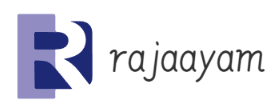


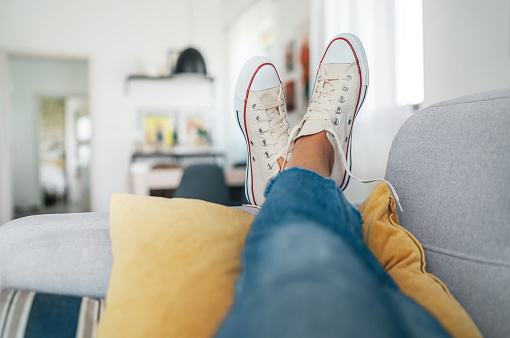
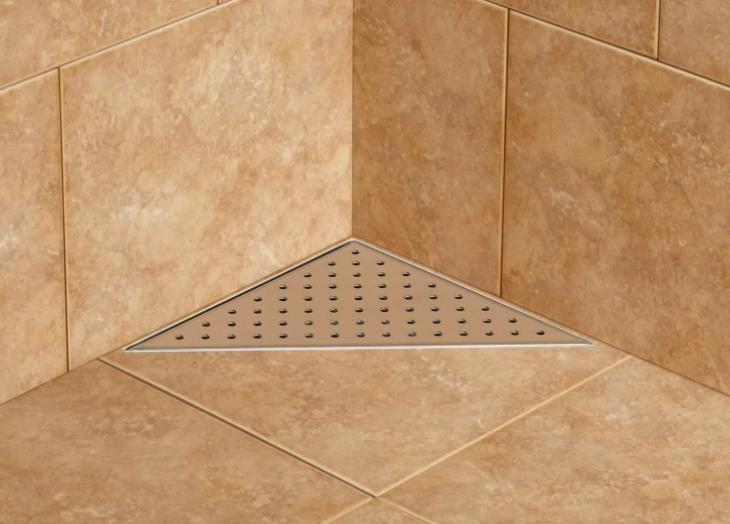

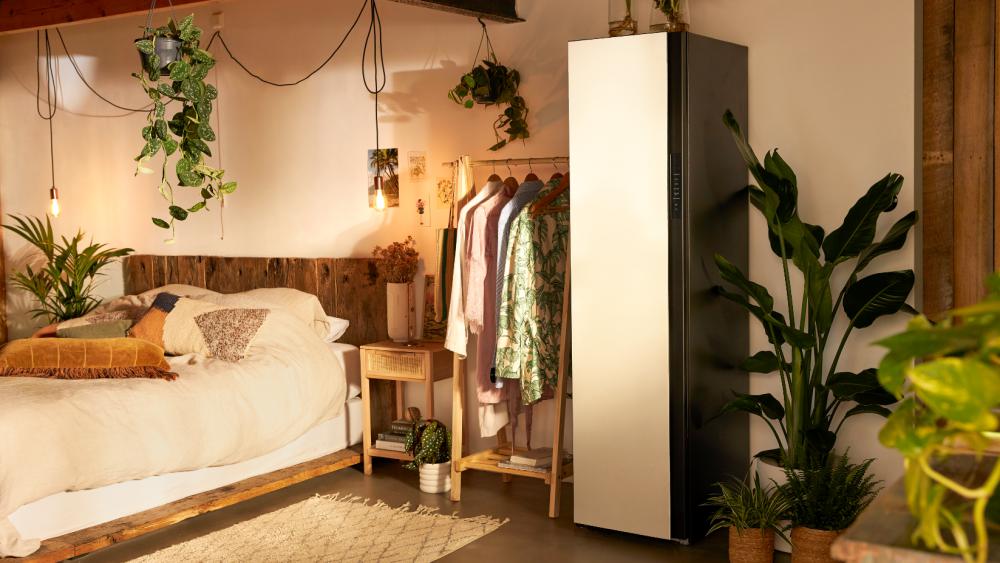


2762